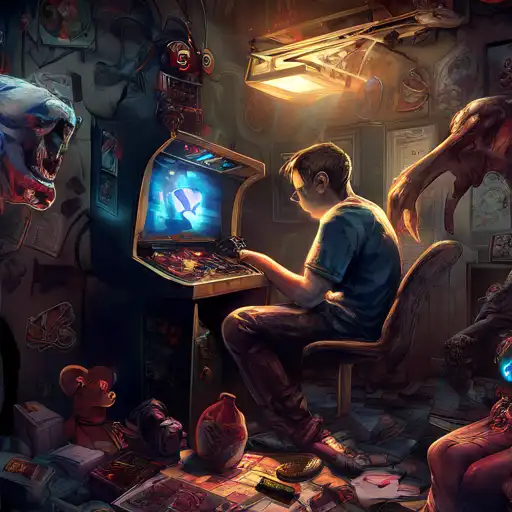Introduction to Gaming Addiction
Gaming addiction has emerged as a significant concern in the digital age, affecting individuals across various age groups. This article delves into the psychological underpinnings of gaming addiction, shedding light on why some individuals are more susceptible than others.
The Role of Dopamine in Gaming Addiction
At the heart of gaming addiction lies the brain's reward system, primarily driven by dopamine. This neurotransmitter plays a pivotal role in how we experience pleasure and motivation. Games are designed to trigger dopamine releases, creating a cycle of reward and reinforcement that can lead to addictive behaviors.
Psychological Profiles Prone to Addiction
Certain psychological traits and conditions can increase the risk of gaming addiction. These include but are not limited to, depression, anxiety, and low self-esteem. Understanding these risk factors is crucial for early intervention and prevention strategies.
Escapism and Gaming
For many, gaming serves as an escape from reality. This form of escapism can become problematic when individuals start preferring the virtual world over real-life interactions and responsibilities. The psychological need to escape can fuel excessive gaming habits.
Social Aspects of Gaming Addiction
The social dynamics within games can also contribute to addiction. Multiplayer games, in particular, offer a sense of belonging and achievement that some individuals may lack in their offline lives. This social reinforcement can make gaming more addictive.
Preventing and Addressing Gaming Addiction
Addressing gaming addiction requires a multifaceted approach, including psychological counseling, lifestyle changes, and, in some cases, digital detoxes. Recognizing the signs early and seeking professional help can mitigate the adverse effects of gaming addiction.
Conclusion
Understanding the psychology behind gaming addiction is the first step toward addressing this modern-day challenge. By recognizing the triggers and risk factors, individuals and communities can work together to promote healthier gaming habits.
For more insights into mental health and behavior, explore our mental health section.
